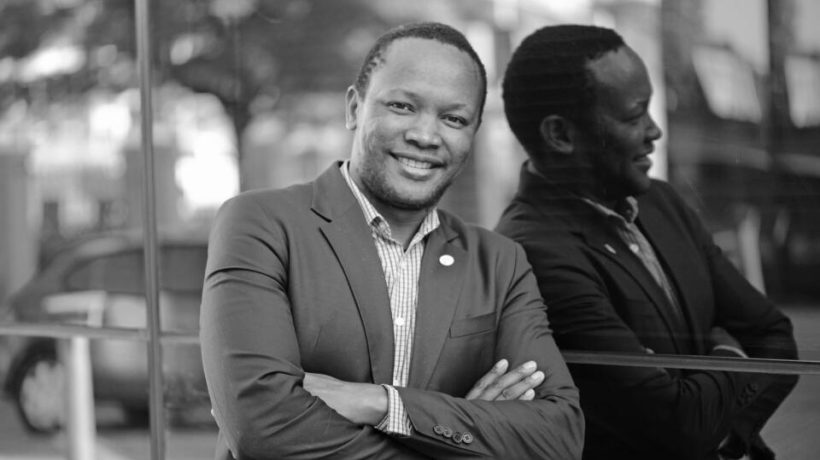When the Constitutional court declared that Makate should be paid what is due to him little did we know that it would take such a long time to get a final decision on payment. This week Judge Wendy Hughes made it clear that the calculations used by Shameel Joosub (Vodacom CEO) earlier in offering Makate R47 million, for what the judge called a brilliant invention, was by far too conservative. The judge declared that Vodacom should recalculate what is due to Makate. Judge Hughes indicated that the applicant (Makate) is entitled to be paid 5% of the total voice revenue generated from the Please Call Me product from March 2001 to March 2021. Now the matter is back at a point of getting the Vodacom CEO with strict conditions to once again determine the true monetary value of the idea. How did we get to this point? Could this have been avoided from the beginning?
In my mind, there are fundamental issues that were mishandled from the beginning in the Makate case. One relates to the fact that the Constitutional court did not itself declare how much should have been paid to Makate. The court decided to hand over the calculation process to Vodacom and by doing so almost sent Makate to a Lion’s den. This in my view gave power back to a company that in the first place was refusing to pay what is due to the inventor of the idea.
Why did the Concourt make this decision? The answer seems to lie in the revelations by one of the judges during the JSC interviews.
This particular judge when asked about skills mentioned that black judges who dominate in the Concourt do not have commercial law experience. The judge went on to explain that this had something to do with historical reasons where black lawyers were only getting jobs in other legal areas and not in commercial law. This, therefore, led to a situation where judges at Concourt who happen to be all black lack the necessary skills to deal with commercial law matters that come before them. One case in point is the Makate/Vodacom “Please Call Me” case. Could it be that the judges could not determine the amount due to Makate due to their lack of understanding in calculating the economic value for technology products? If this is the case, then Makate, although at face value may have received a fair judgment, somehow this decision by the Concourt left the matter hanging and unresolved.
In the next few days based on the recent judgment Vodacom will be recalculating the true value of the Please Call Me idea based on financial returns derived from it. Will Vodacom be fair this time around? It is understood that Vodacom is planning to challenge this court order. It’s been years since that judgment by the Constitutional court was delivered and this matter has still not reached finality. How else could this matter have been handled?
Because Vodacom is conflicted on this issue it would have been wiser to set up an independent body represented by all parties with commercial lawyers involved. This body would determine what is due to the inventor based on financial statements submitted by Vodacom. Such a body would set a precedent on how to determine the value of digital products going forward. Because courts have little experience in determining the value of digital products, it’s about time that South Africa set up an institution that would determine the value of digital products going forward. The “Please Call Me” matter highlights the need to set up structures in place to determine the commercial value of information and digital products. As we enter the Digital world issues similar to the “Please Call Me” matter will continue to come up. Although to some extent there’s a clear way and models to calculate the Please Call Me product value, emerging digital products will present a challenge in calculating their economic value. The “Please call me” matter should serve as a wake-up call to initiate ways of calculating the value of information and digital products and these should be institutionalised and be reflected in GDP figures. Currently, the Digital economy is not accurately reflected in the GDP and it’s about time we factor the value of the Digital Economy in the broader economic landscape. The first step in doing so would be the establishment of the valuer of information and digital products.







